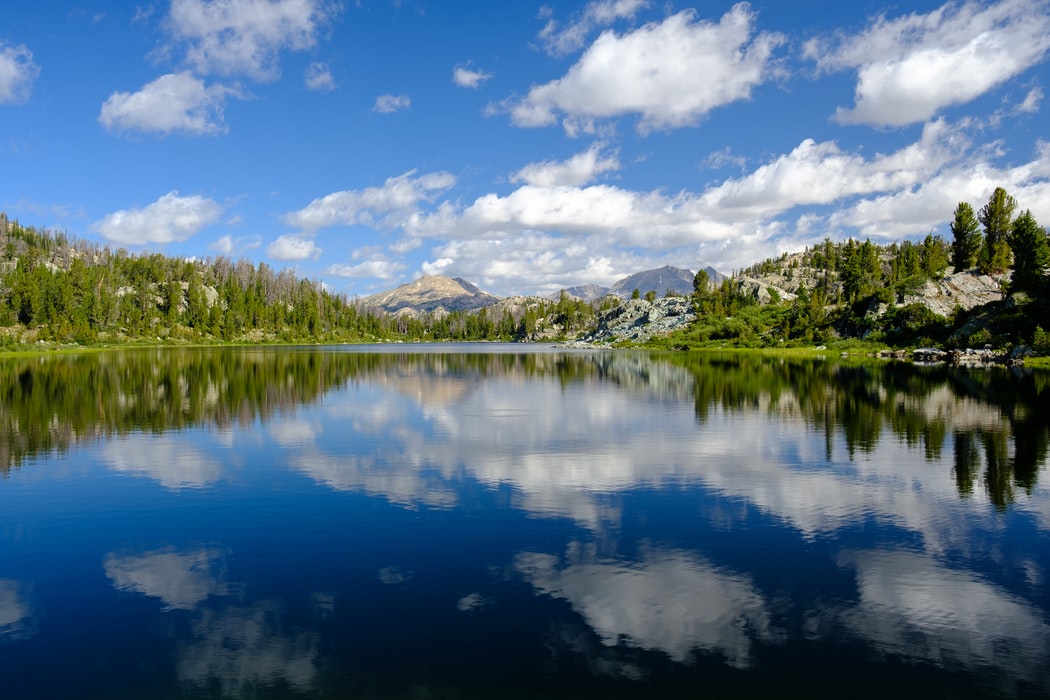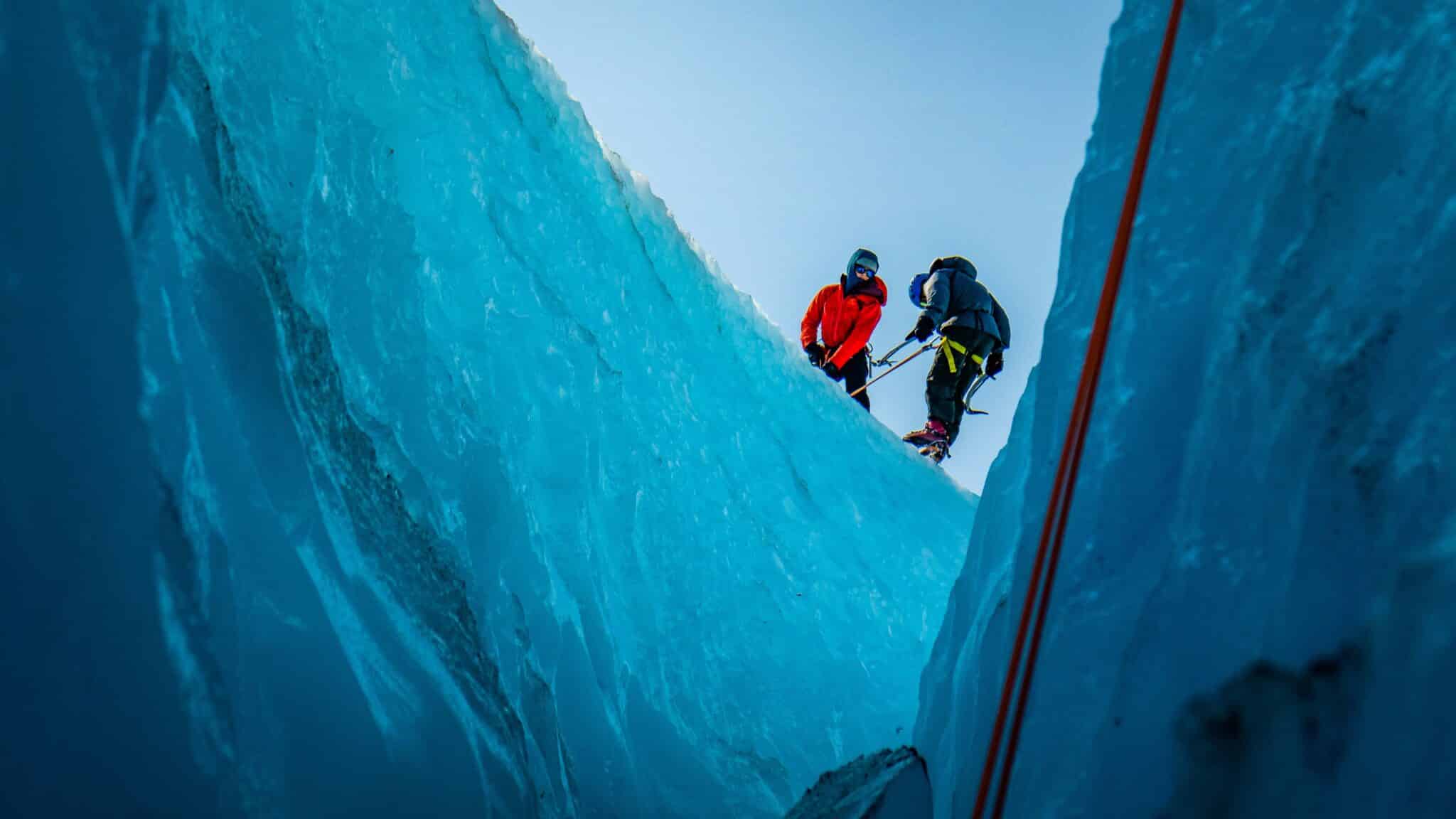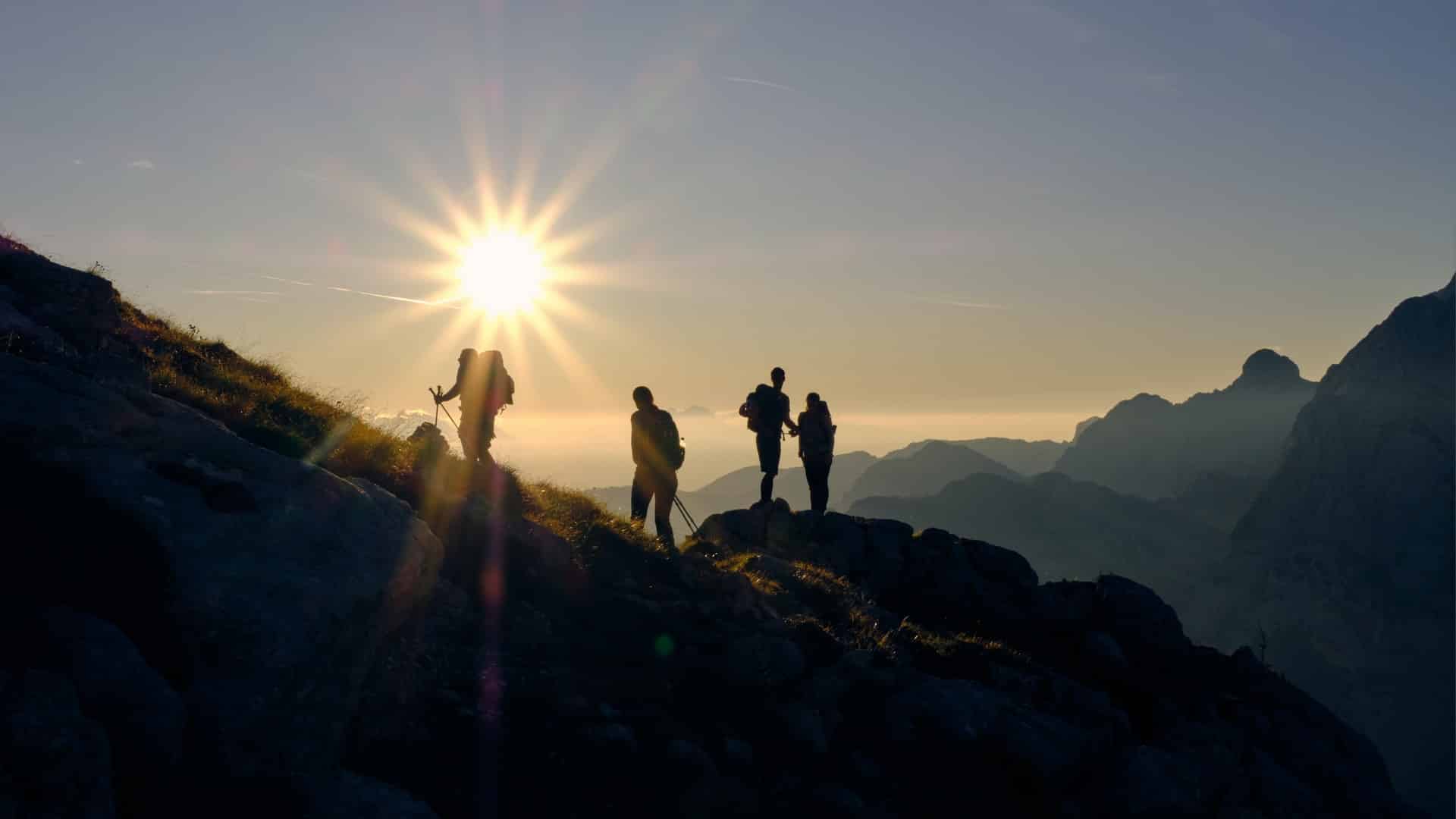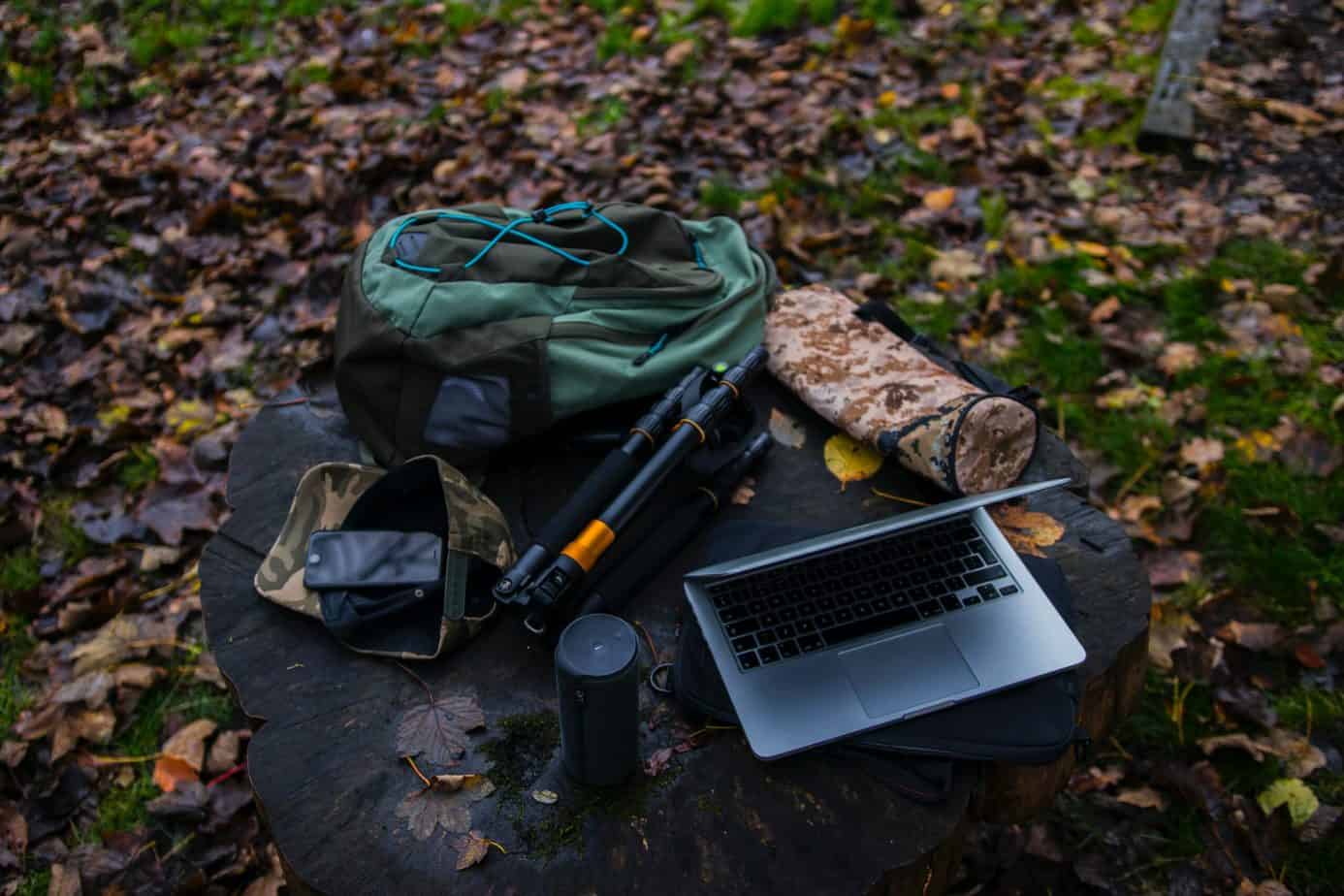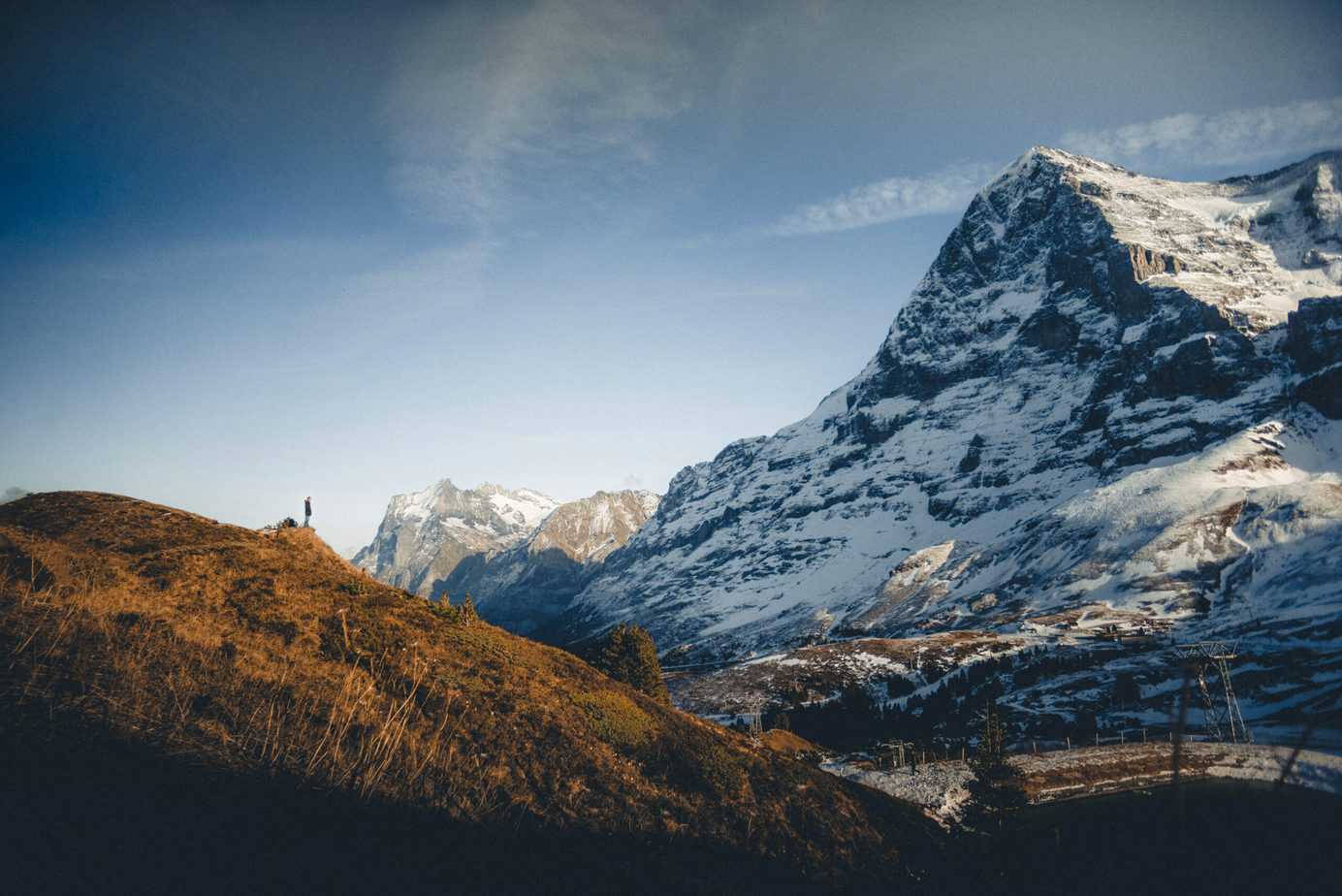Without national forests, the United States would look drastically different. The U.S. National Forest Week celebrates the importance of forests and grasslands from July 13th – July 19th, 2020. Only in its second year, National Forest Week’s theme is “Discover Unforgettable Experiences.” As adventurers, forests provide us with unlimited opportunities to explore the outdoors and return home with “unforgettable experiences.”
Without national forests, backpackers wouldn’t have the Appalachian Trail. Mountain bikers wouldn’t be able to rip through the Colorado Trail. There’d be fewer places to hike, if at all, and what would we do without the 14’er peak-bagging we so fondly look forward to during the summer?
National Forests are important because they help us escape. Especially now, those of us who live close enough to a National Forest can responsibly recreate outdoors and away from crowds, while social distancing. It’s a privilege to be able to explore forests in our neck of the woods and throughout the United States.
The Importance of U.S. National Forest Week
There are 193 million acres of wildlands in America. According to the National Forest Foundation:
- There are more than 9,000 miles of scenic byways to drive
- Almost 150,000 miles of trails to hike
- More than 4,400 miles of wild and scenic rivers to float
- At least 5,100 campgrounds in which to pitch our tents
- And 328 natural pools to swim in
Organizations like the National Forest Foundation seek to protect, restore, and enhance these forests and grasslands so future generations can enjoy what Nature has to offer.
According to the U.S. Forest Service, there are 148 million national forest visits every year. That’s about half of the US population. Further, there are about 7.6 million outdoor recreation jobs. The majority of activities are camping, fishing, hunting, motorcycling, off-roading, snow sports, trail sports, water sports, and wheel sports. You probably enjoy one or several of these activities in the outdoors.
Forests are critical to our survival. From the air we breathe to the wood we use to providing habitats for nearly half of the Earth’s known species and livelihoods for humans, we need forests. There are a multitude of reasons why forests are important.
How to Celebrate National Forests Week
You likely have a favorite forest activity. Here are some more ideas provided by the National Forest Foundation:
- Take a walk in the woods nearby and get to know your forest
- Arrange a tree planting or donate
- Care for a newly planted or neglected tree, and study its species
- Identify all the things at home or school that are made of wood
- Learn about organizations that demonstrate sustainable forest management
- Tour a forest sector industry or processing site
- Learn about the prevention of forest fires
- Contact a forestry association for teaching materials.
- Attend one of the National Forest Foundation’s online events
- Volunteer with a trail construction and restoration project (if available in your area)
- Learn and implement the Leave No Trace Principles
- Donate to protect national forests
U.S. National Forests

William B. Bankhead National Forest
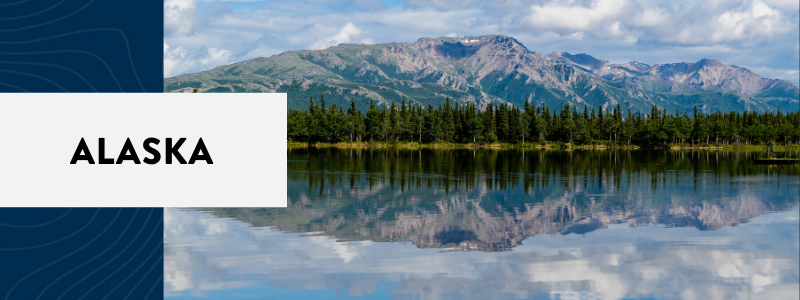
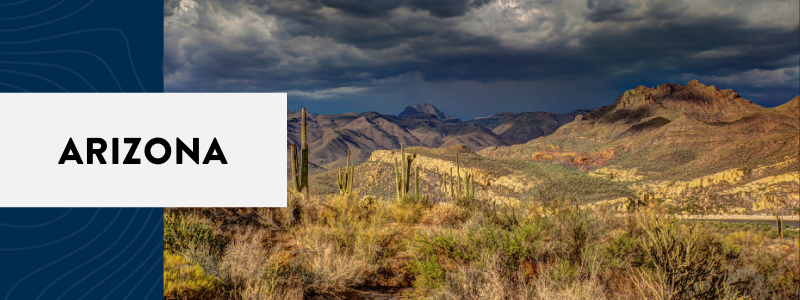
Apache-Sitgreaves National Forest
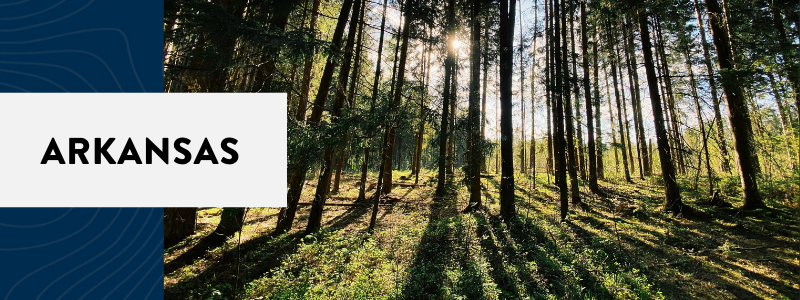
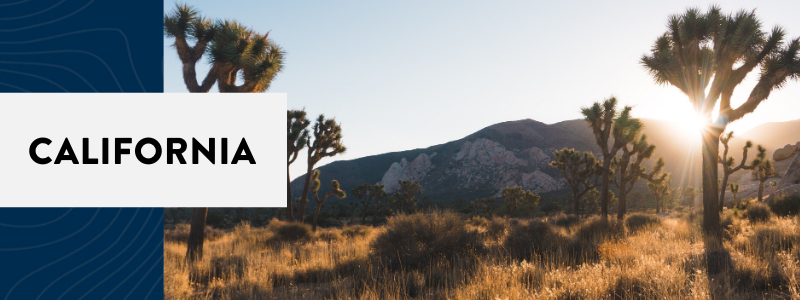
Humboldt-Toiyabe national forest
Lake Tahoe Basin Management Area
Rogue River–Siskiyou National Forest
San Bernardino National Forest
Shasta-Trinity National Forest
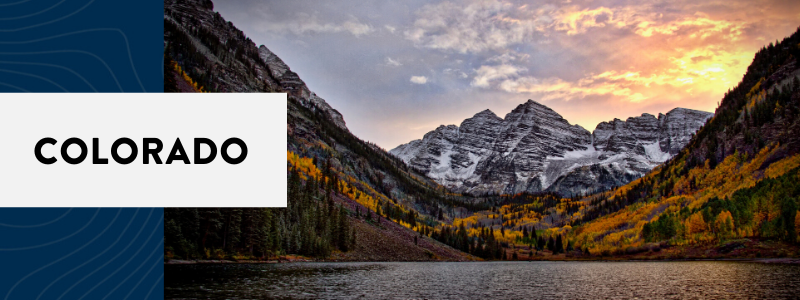
Medicine Bow-Routt National Forest
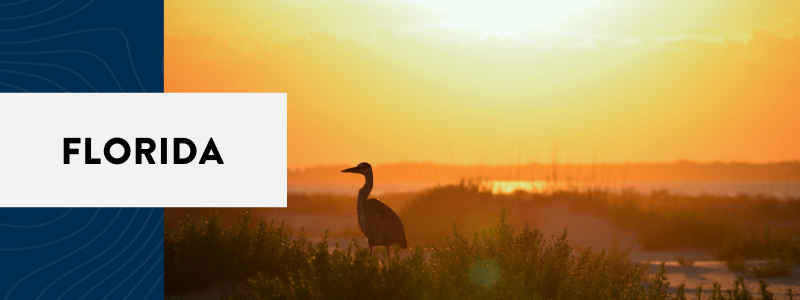
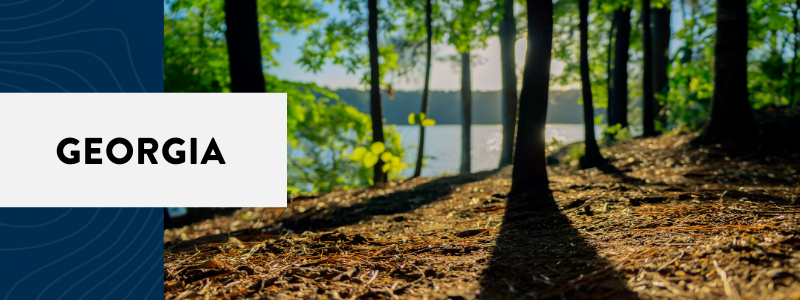
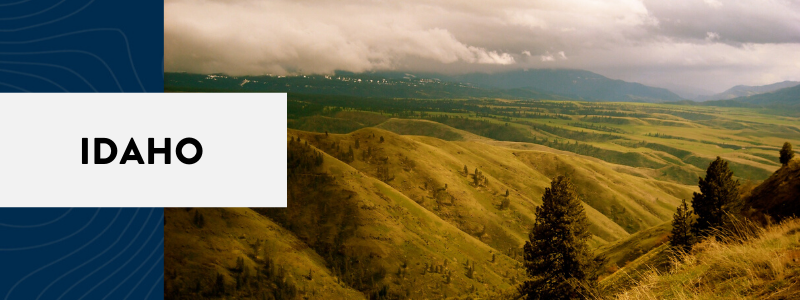
Caribou-Targhee National Forest
Salmon-Challis National Forest
Uinta-Wasatch-Cache National Forest
Like what you’re reading? Sign up for our newsletter and receive product updates, blog posts, and more:
[hubspot type=form portal=20710242 id=18ac1a5f-a560-4d2e-a134-9654342f7b61]
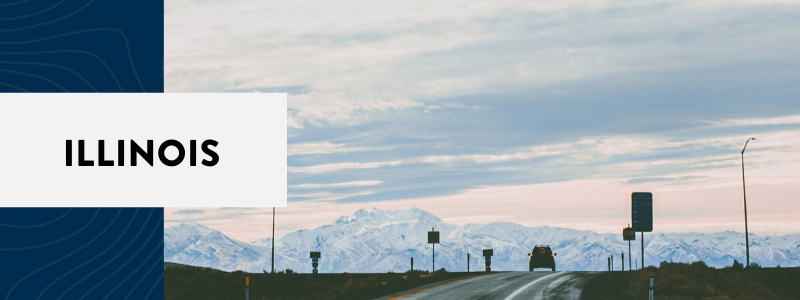
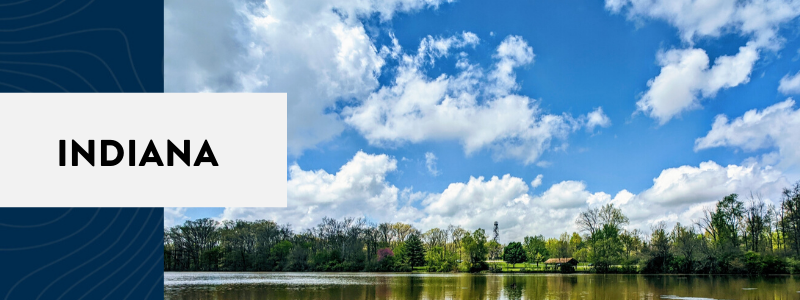
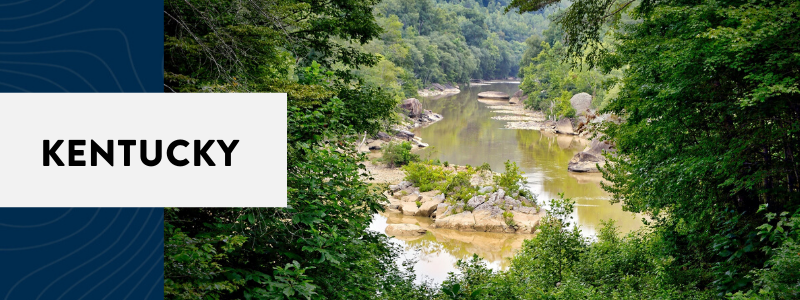
George Washington and Jefferson National Forests
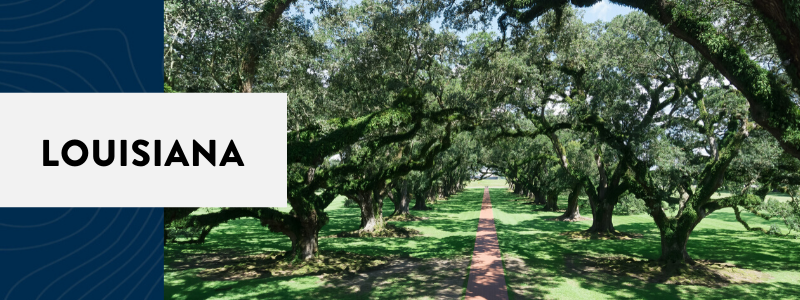
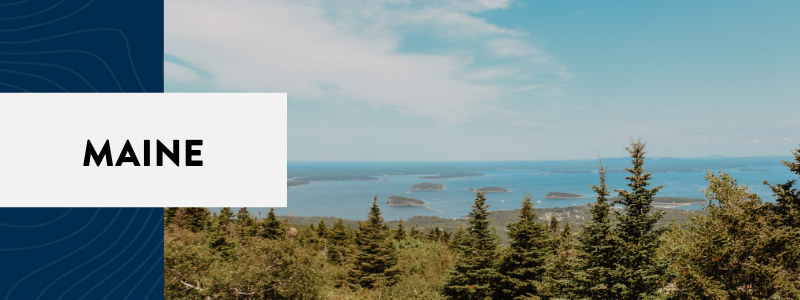
White Mountain National Forest
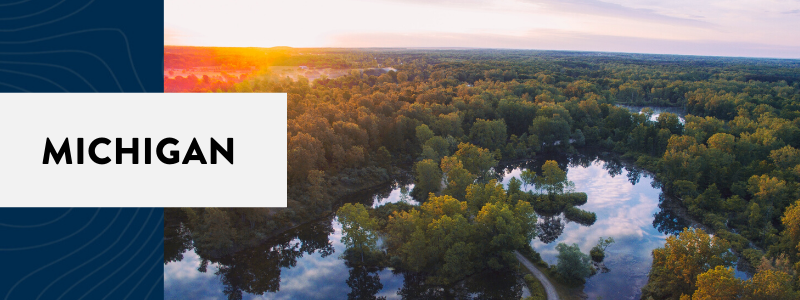
Huron-Manistee National Forest
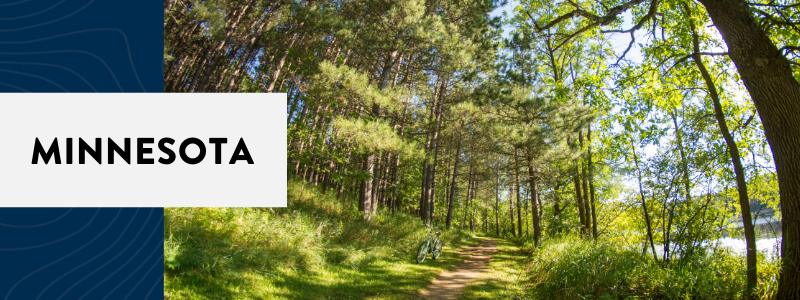
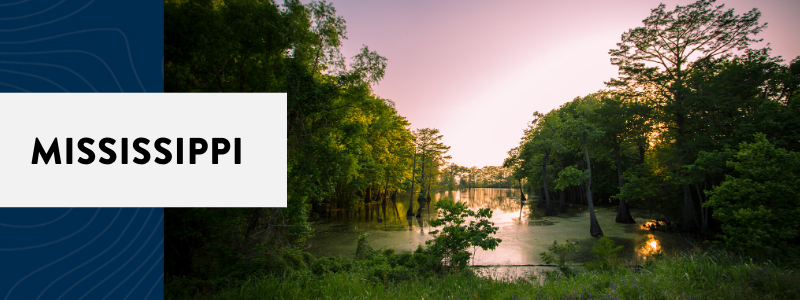
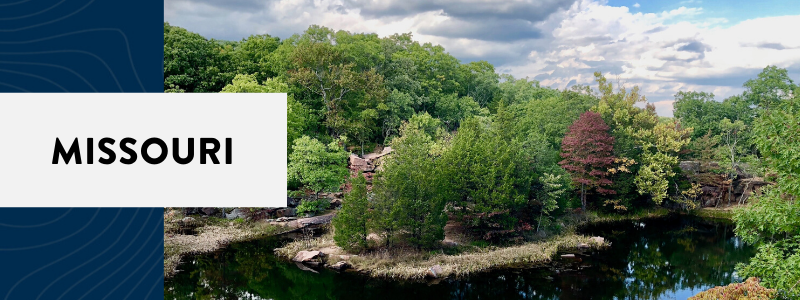
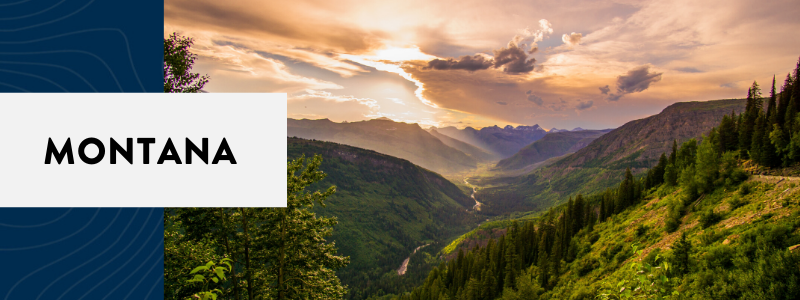
Beaverhead-Deerlodge National Forest
Lewis and Clark National Forest
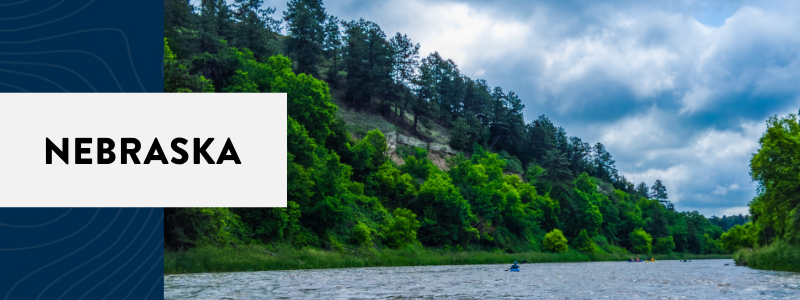
Samuel R. McKelvie National Forest
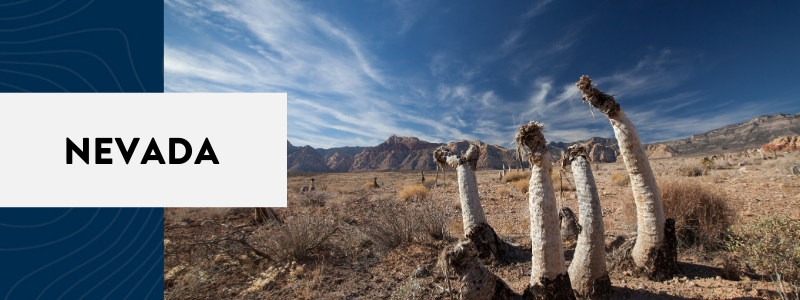
Humboldt-Toiyabe National Forest
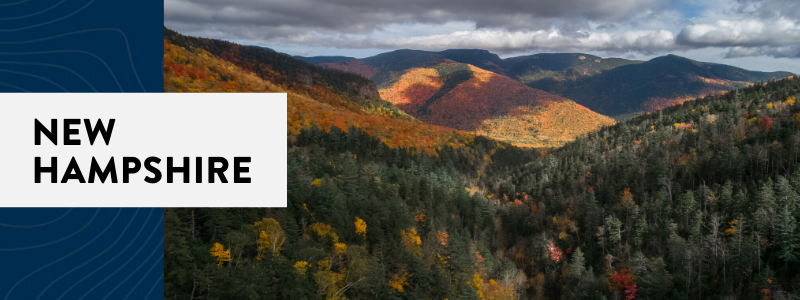
White Mountain National Forest
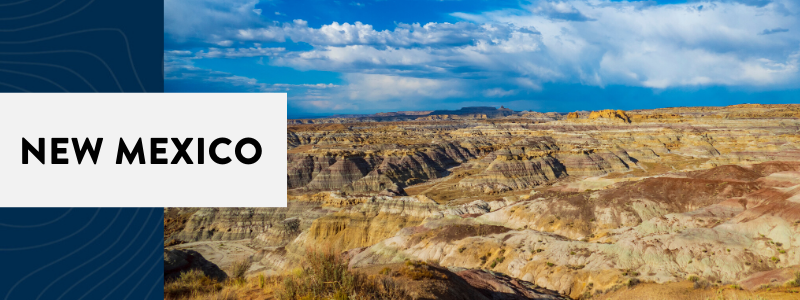
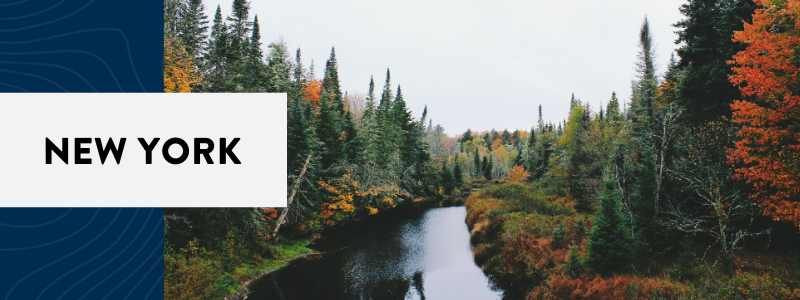
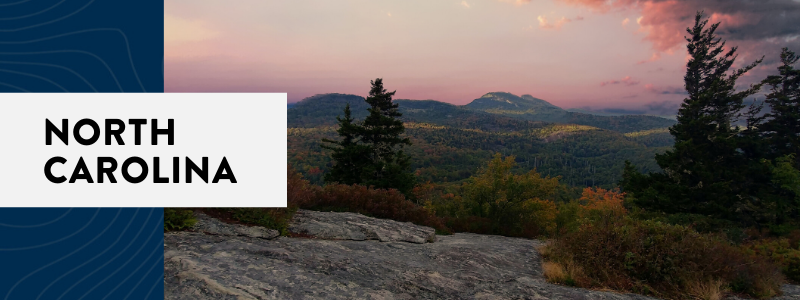
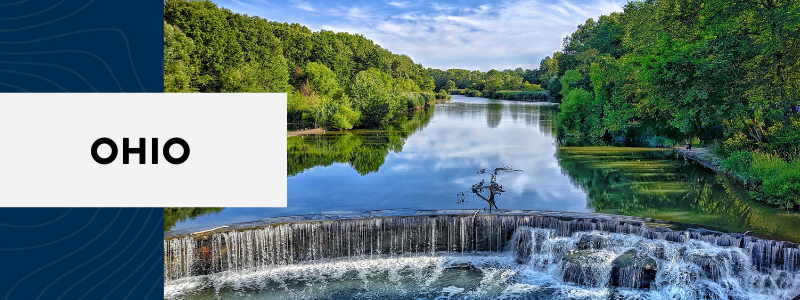
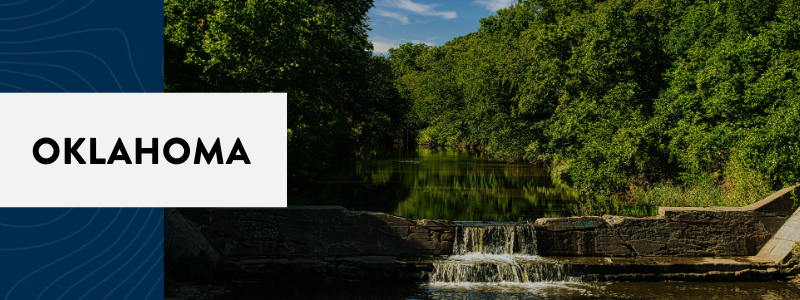
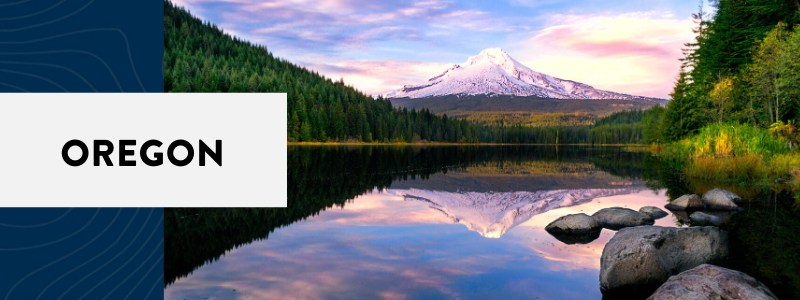
Fremont-Winema National Forest
Rogue River-Siskiyou National Forest
Wallowa-Whitman National Forest
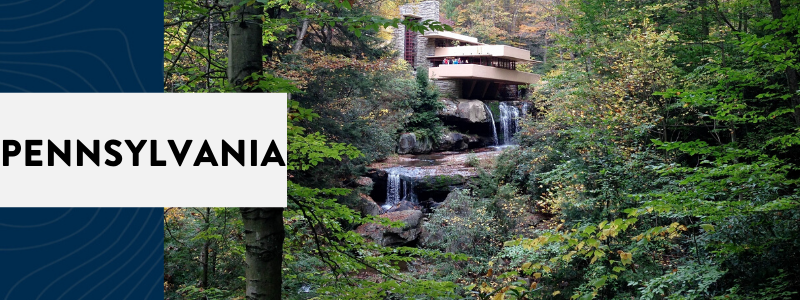
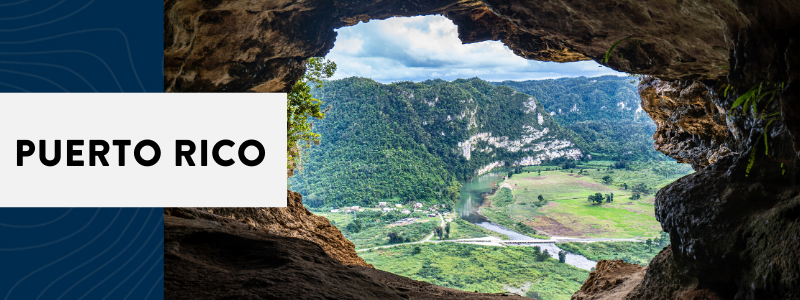
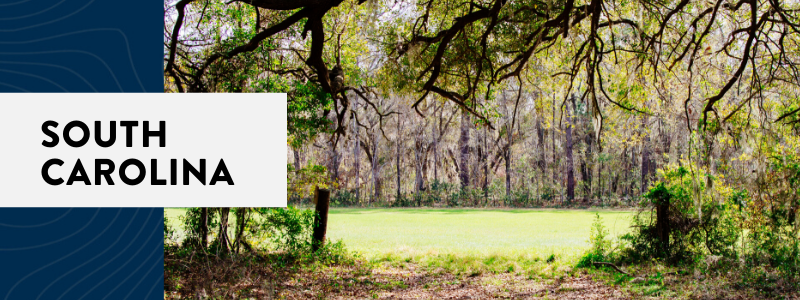
Francis Marion National Forest
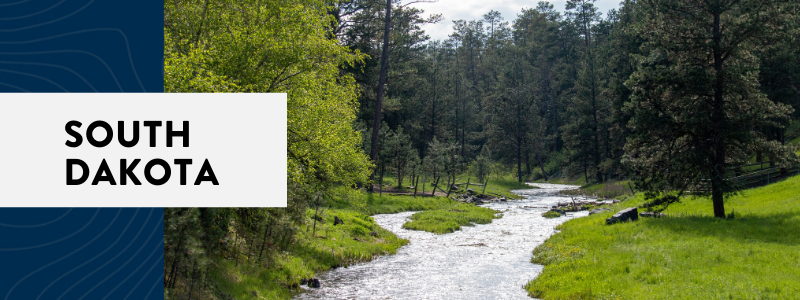
Custer Gallatin National Forest
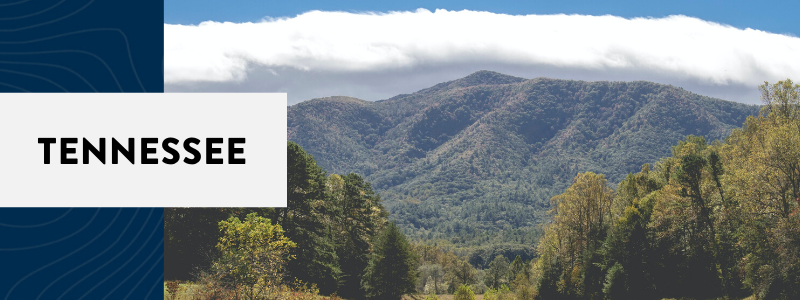
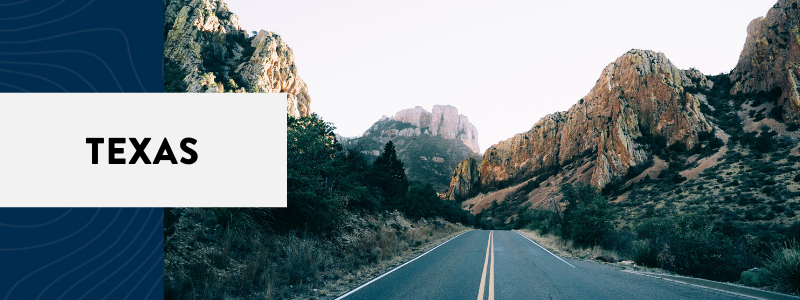
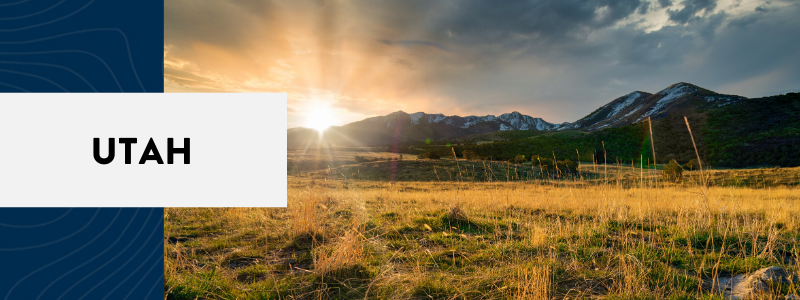
Caribou-Targhee National Forest
Uinta-Wasatch-Cache National Forest
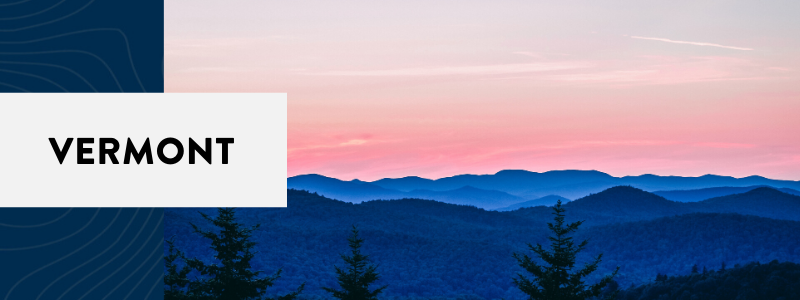
Green Mountain National Forest
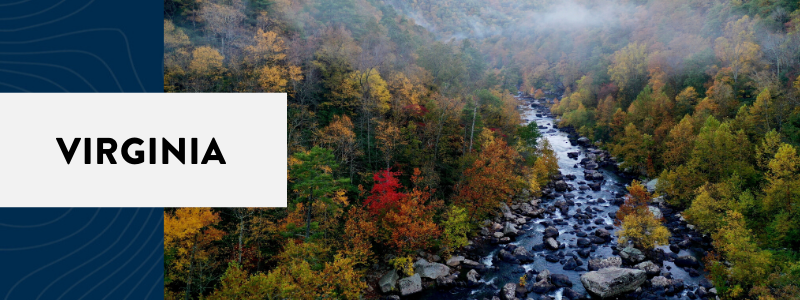
George Washington National Forest
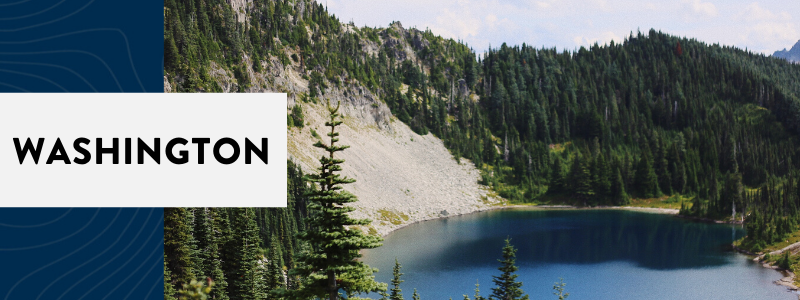
Gifford Pinchot National Forest
Mount Baker-Snoqualmie National Forest
Okanogan-Wenatchee National Forest
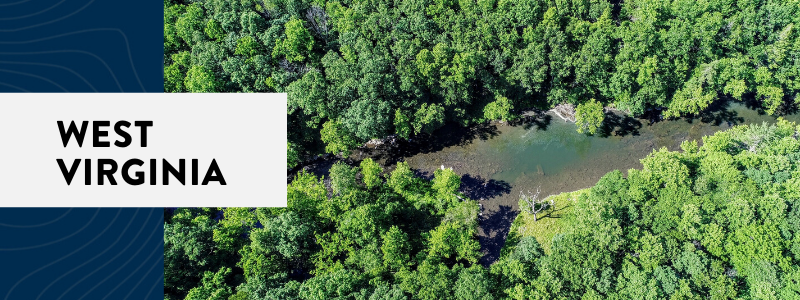
George Washington and Jefferson National Forests
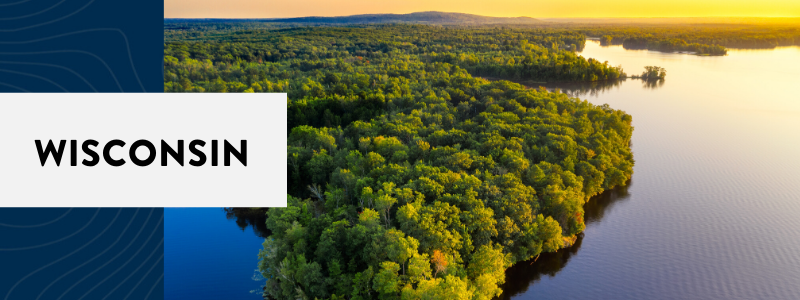
Chequamegon-Nicolet National Forest
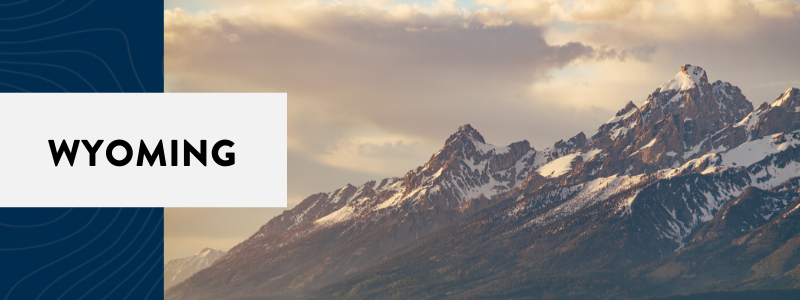
Caribou-Targhee National Forest

